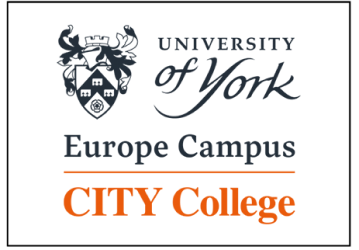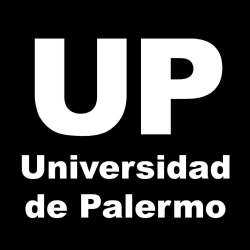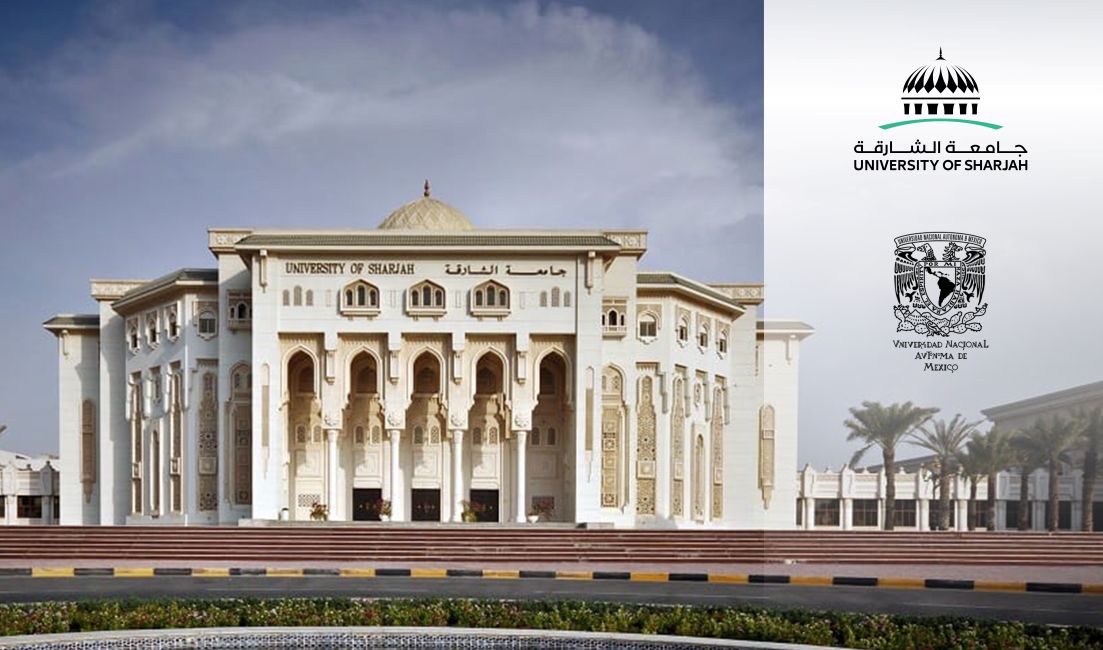Embracing Sustainability: Innovative Real Estate Solutions in the Hospitality Industry
By Rani Majzoub
The urgency to respond to climate change demands that all industries rethink and transform their practices and accelerate the shift to greater sustainability. The hospitality sector, historically singled out for its climate impact, is responding to this call and reimagining its foundations to embrace sustainable practices.
Innovative real estate solutions lie at the centre of this transformation. They are not merely a response to the growing environmental crisis but rather an embodiment of a commitment to reducing the industry’s ecological footprint whilst enhancing the guest experience. This article will delve into this profound shift, exploring the innovative measures shaping the future of hospitality and tourism, where sustainability and luxury harmoniously coexist.
Eco-friendly Building Design
Sustainable architecture is taking centre stage, with a visionary approach to building renovations. The adoption of eco-friendly designs exemplifies this shift, which prioritizes energy efficiency and environmental responsibility, encompassing a strategy ranging from incorporating renewable energy sources to efficient insulation and implementation of green roofs. Beyond their aesthetic appeal, these roofs are meticulously engineered to curtail energy consumption and provide a unique selling point for eco-conscious travellers. From solar panel installation to rainwater harvesting systems, these developments are revolutionizing tourism’s relationship with the environment.
Smart Technologies
The integration of smart technologies marks an inflection point in sustainable hospitality real estate. Automation and sensor-based systems are effective tools for diminishing energy consumption, optimizing climate control, and enhancing security. Solutions such as key cards for room lighting and temperature control, alongside mobile apps for managing rooms, empower guests to participate in energy conservation. These technologies not only enhance guest experiences but also promote resource efficiency.
A notable example is the seamless integration of the Internet of Things (IoT) in hotel operations, allowing real-time adjustments of room conditions based on guest preferences and occupancy. This will elevate guest comfort to unprecedented heights and showcase the fusion of technology and sustainability as the future of hospitality real estate.
Water Conservation
Fresh water, a precious and finite resource, assumes even greater significance in regions grappling with water scarcity. In such places, the need to conserve water is imperative. Innovative real estate solutions involve water-efficient fixtures, including low-flow faucets, showerheads, and greywater recycling systems, serving the dual purpose of curtailing water consumption and mitigating the ecological repercussions of wastewater. A notable trend in the sector is the adoption of rainwater harvesting systems, which collect and store rainwater for uses such as irrigation, toilet flushing, and cooling systems. Through diminishing reliance on municipal water sources, hotels make meaningful contributions to water conservation while trimming utility bills, underscoring the intersection of ecological responsibility and cost-efficiency.
Sustainable Materials
From furniture décor to linens, the hospitality sector is witnessing a resounding shift towards sustainability. This transformative wave embraces the spirit of reuse and locality. Recycled, upcycled, and locally sourced materials are now finding their way into the heart of hospitality, reshaping the aesthetics and ethics of hospitality.
We can consider the choice of reclaimed wood or recycled plastics for crafting hotel furniture, a nod to the industry’s commitment to reducing waste and endorsing eco-friendly practices. The adoption of such materials reduces the environmental footprint and presents an opportunity for hotels to craft distinctive and alluring interior designs. Guests, too, are becoming increasingly appreciative of the narratives that accompany these furnishings, carrying with them a unique story of renewal and resourcefulness. This newfound synergy between aesthetics and environmental responsibility is reshaping the landscape of hospitality.
Community Engagement & Education
Sustainability transcends the confines of premises; forward-thinking establishments are actively engaging with the community while educating their guests on sustainable practices. This multi-faceted approach enriches the guest experience and fosters a relationship between the hotel and its community. These interactions can take shape in various ways, such as partnerships with eco-friendly artisans and sourcing food locally to reduce carbon footprint while contributing and empowering the community.
Hotels are increasingly offering eco-friendly excursions, encouraging guests to partake in nature-focused activities, enriching their experience and inspiring their sense of responsibility towards the environment.
Renewable Energy Sources
Renewable energy sources serve as a foundational element in the development of sustainable real estate. With the emergence of solar panels, wind turbines and geothermal systems, these have become intertwined into the fabric of hotel and resort facilities, marking a solid step away from the reliance on fossil fuels. By generating their own renewable energy, establishments trim operational costs and significantly reduce their carbon footprint.
Solar panel installations on rooftops or in parking areas emerge as powerful generators of clean electricity. Concurrently, some forward-thinking establishments are exploring the possibilities for wind turbines and geothermal heating and cooling systems to reduce their dependence on non-renewable energy. Such initiatives manifest as sustainable choices and sound financial strategies, illustrating the escalating potential of renewable energy.
Waste Reduction and Recycling
Innovative solutions extend to waste management, where hotels proactively reduce, recycle, and efficiently manage waste. Strategies include comprehensive recycling programs, organic waste composting, and collaboration with local initiatives for responsible waste disposal, contributing to environmental sustainability and the local community. By adopting a circular approach, hotels minimize landfill-bound waste and reduce the need for virgin resources in goods production, fostering a sustainable and economically sound future.
Conclusion
The shift to sustainability in the hospitality industry, driven by its environmental concerns and long-term strategic thinking, is transforming the sector. As travellers increasingly prioritize environmental issues, hotels and resorts are leading the way in sustainability, benefiting both the planet and their bottom line. Looking ahead, we anticipate a future enriched with more ground-breaking solutions to reshape the tourism sector even further, setting a sustainable precedent for the future. This journey is imperative in addressing global environmental challenges and meeting travellers’ eco-friendly expectations, promising a brighter, sustainable future for hospitality.
With gratitude to Anan Zeitoun, Director of Real Estate Advisory, and Haya Serhan, Consultant in Real Estate Advisory for their contributions.
Rani MajzoubHead of Real Estate Advisory at KPMG Saudi, Head of Advisory at KPMG Lebanon.


























